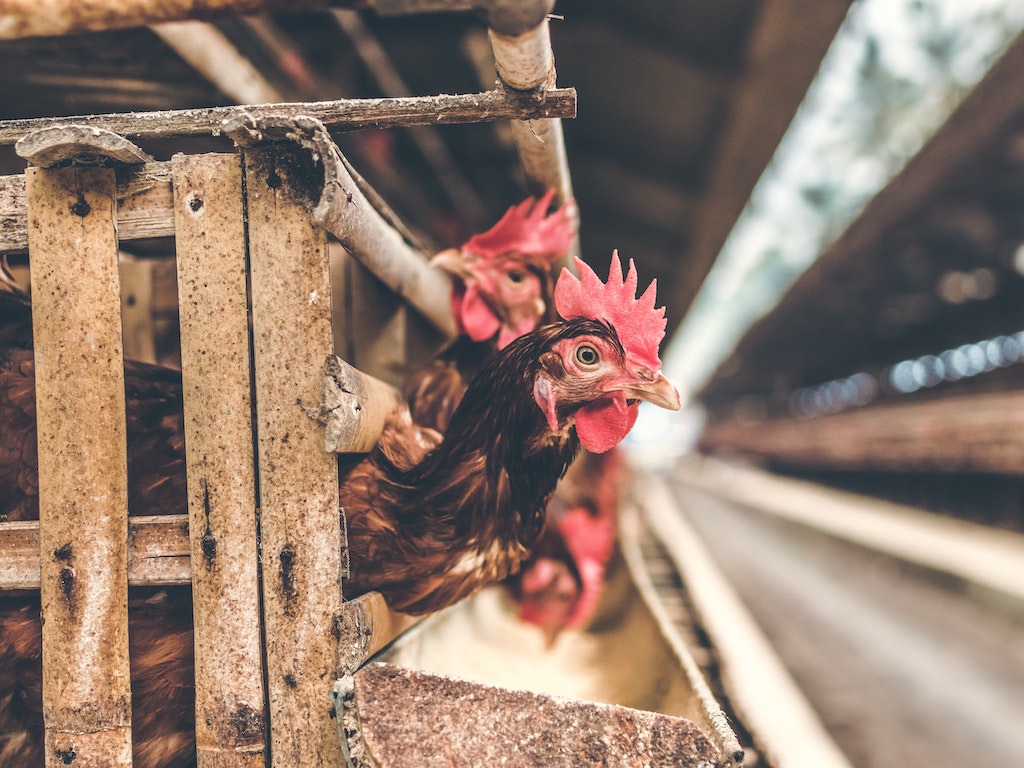3 Mins Read
A new editorial article authored by leading academic physicians from the US to New Zealand says that the coronavirus pandemic is showing humanity that unsustainable and dangerous factory farming must be phased out for alternative proteins. While acknowledging the role of the wildlife industry, which they say must be eradicated as well, the experts believe that ultimately, the intensive factory farming industry and global appetite for animal meat should be discontinued in order to prevent future pandemics.
The paper, published in peer-reviewed journal Neuroepidemiology, was authored by Mayo Clinic Emeritus Professor David O. Wiebers, MD., and neuroscience professor at Auckland University of Technology and editor-in-chief of Neuroepidemiology Valery Feigin.
“As we begin to find our way through this crisis, it is imperative for us as a society and species to focus and reflect deeply upon what this and other related human health crises are telling us about our role in these increasingly frequent events and about what we can do to avoid them in the future,” wrote Weibers and Feigin.
“Although it is tempting for us to lay the blame for pandemics such as COVID-19 on bats, pangolins, or other wild species, it is human behavior that is responsible for the vast majority of zoonotic diseases that jump the species barrier from animals to humans.”
The experts detailed the relation between the “alarming increase in frequency” of deadly zoonotic diseases to the unnaturally close contact between animals and humans due to humanity’s continued exploitation of nature and animals for human purposes.
From destruction of animal habitats to overcrowded factory farms, the authors believe that continuing such practices will mean that more deadly pandemics are on the horizon.
While acknowledging the role of the hunting and selling of wild animals as a key public health risk that must be eliminated, the paper also points to the global livestock industry that has exploded in the past decades due to humanity’s appetite for meat.
“Over the last 40 years, as the factory farm model has become a global phenomenon…Now, serious outbreaks are occurring regularly – more in the past 15 years than in the entire 20th century.”
It points out that livestock farming not only raises the threat of emerging infectious diseases, but also contributes to habitat destruction, deforestation and greenhouse gases that further exacerbate climate change – all of which are factors cycling back to increase the likelihood of deadly pandemics.
Read: Pandemic Meat Crisis Pushes Consumers Towards Plant-Based Alternatives From HK To US
“Intensive confinement of animals in factory farm operations should be discontinued worldwide for the sake of animals, humans, and the environment, and we should rapidly evolve to eating other forms of protein that are safer for humans, including plant-based meat alternatives and cultured meat,” they wrote.
“Additional investment in plant-based agriculture to grow crops to feed humans rather than livestock for human consumption would feed more people while utilising far less land and water, allowing for the preservation of vital ecosystems for innumerable species.”
Similar warnings have been issued by other scientific experts in recent months. In an article published in late April, the world’s leading wildlife and biodiversity scientists said that the combination of global air travel, unsustainable urbanisation and industrial livestock farming has created a “perfect storm” for haunting diseases.
The experts cautioned that while trillion-dollar packages now being implemented are necessary measures, they cannot come at the cost of failing to enforce environmental protection, which would make future pandemics happen more rapidly, frequently and with even more destructive consequences.
Read our earlier news coverage of Covid-19 here.
Lead image courtesy of Unsplash.




